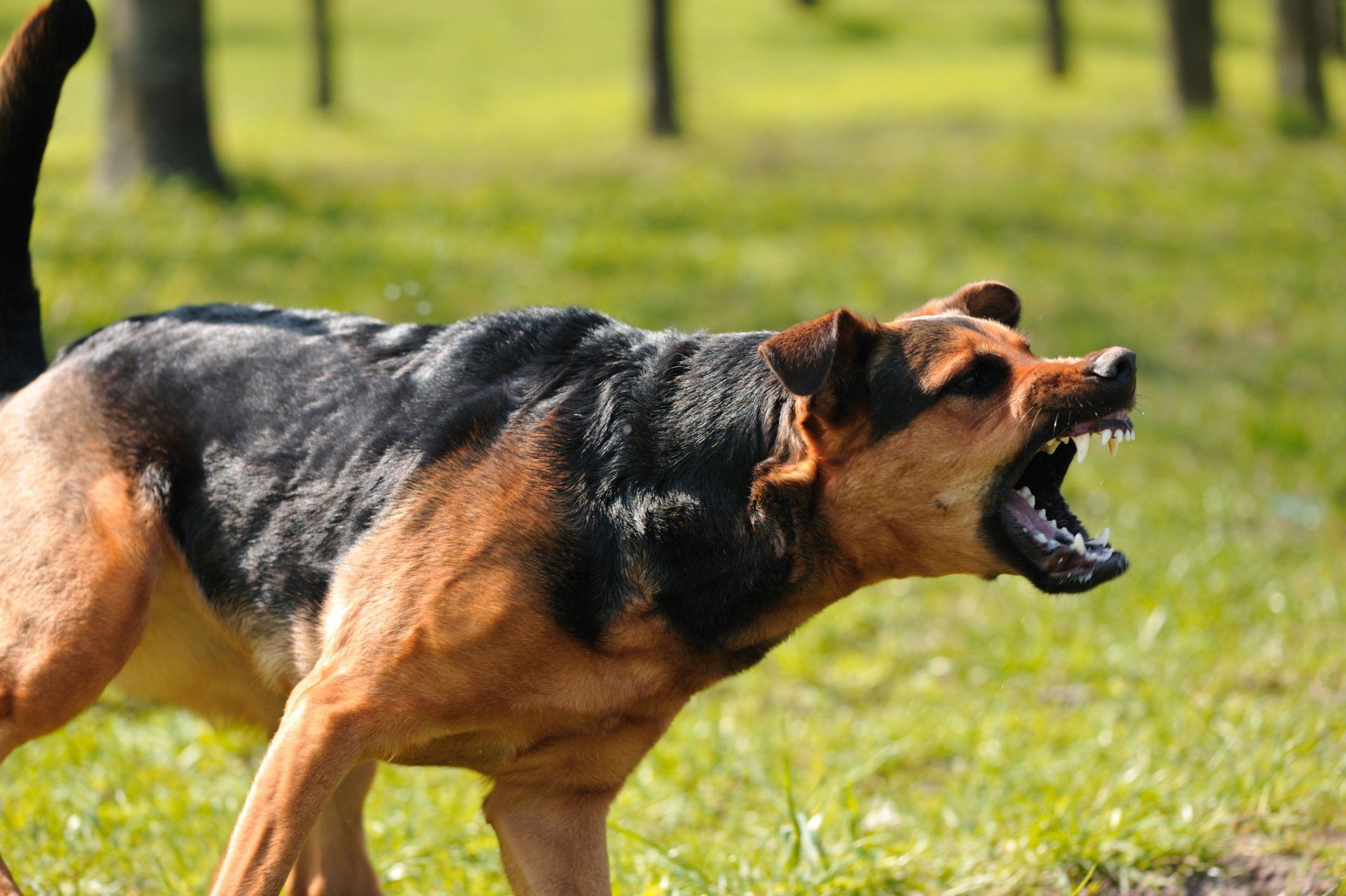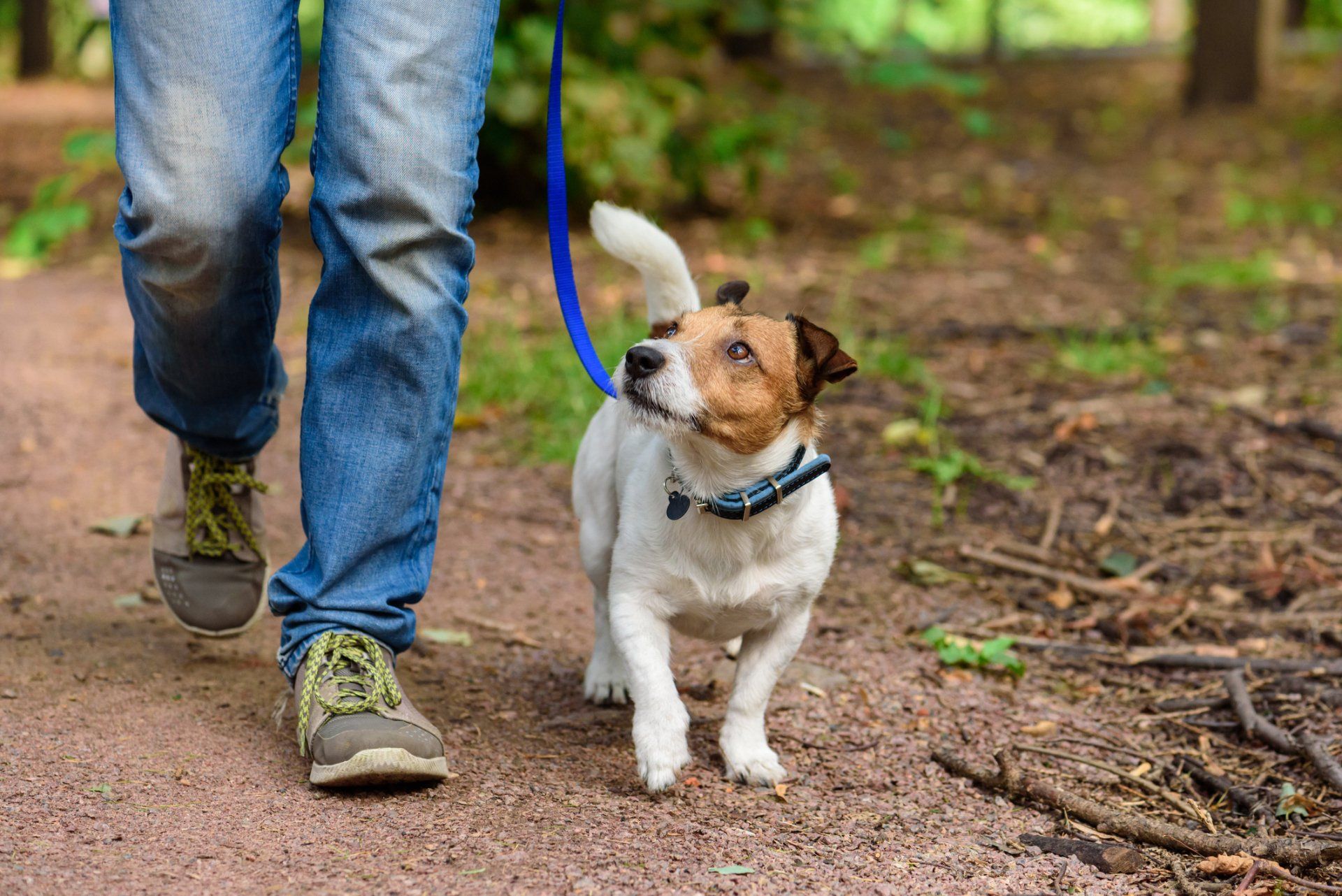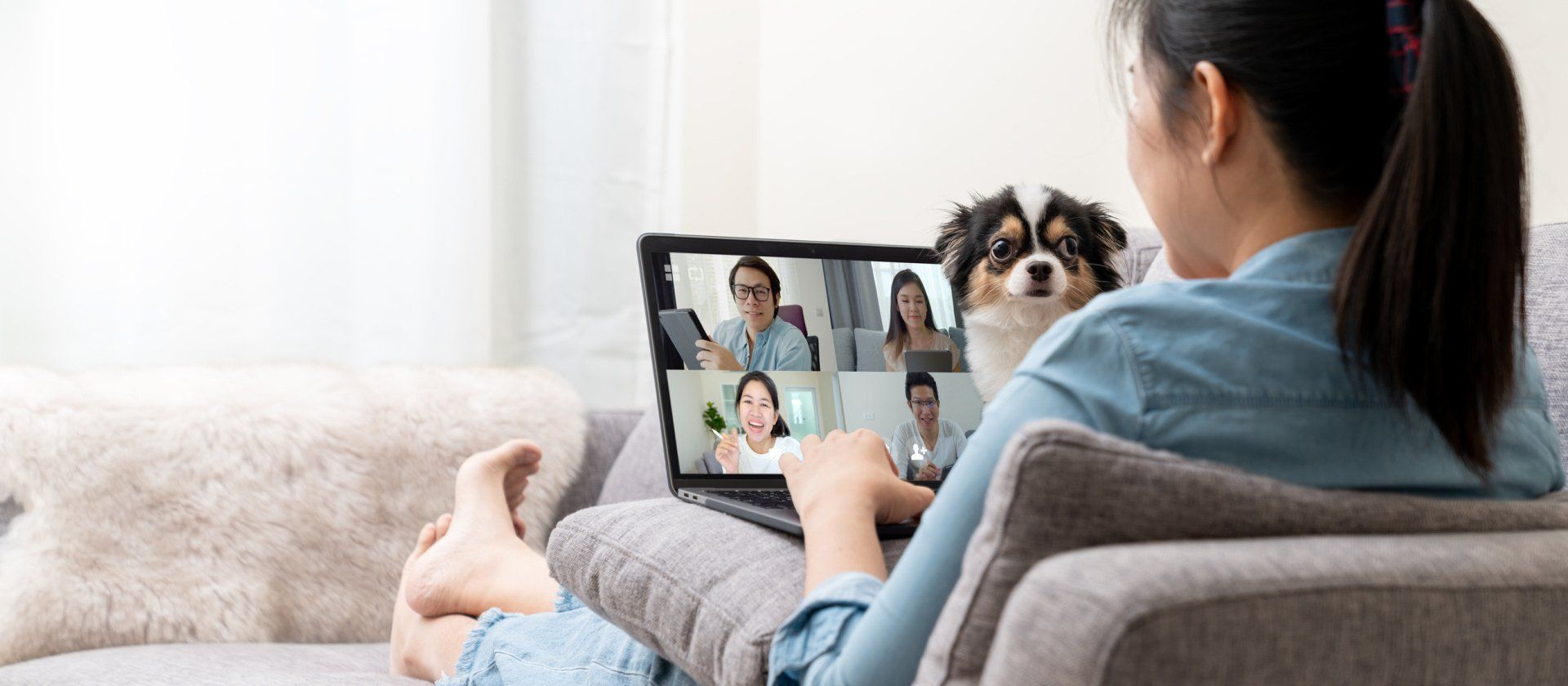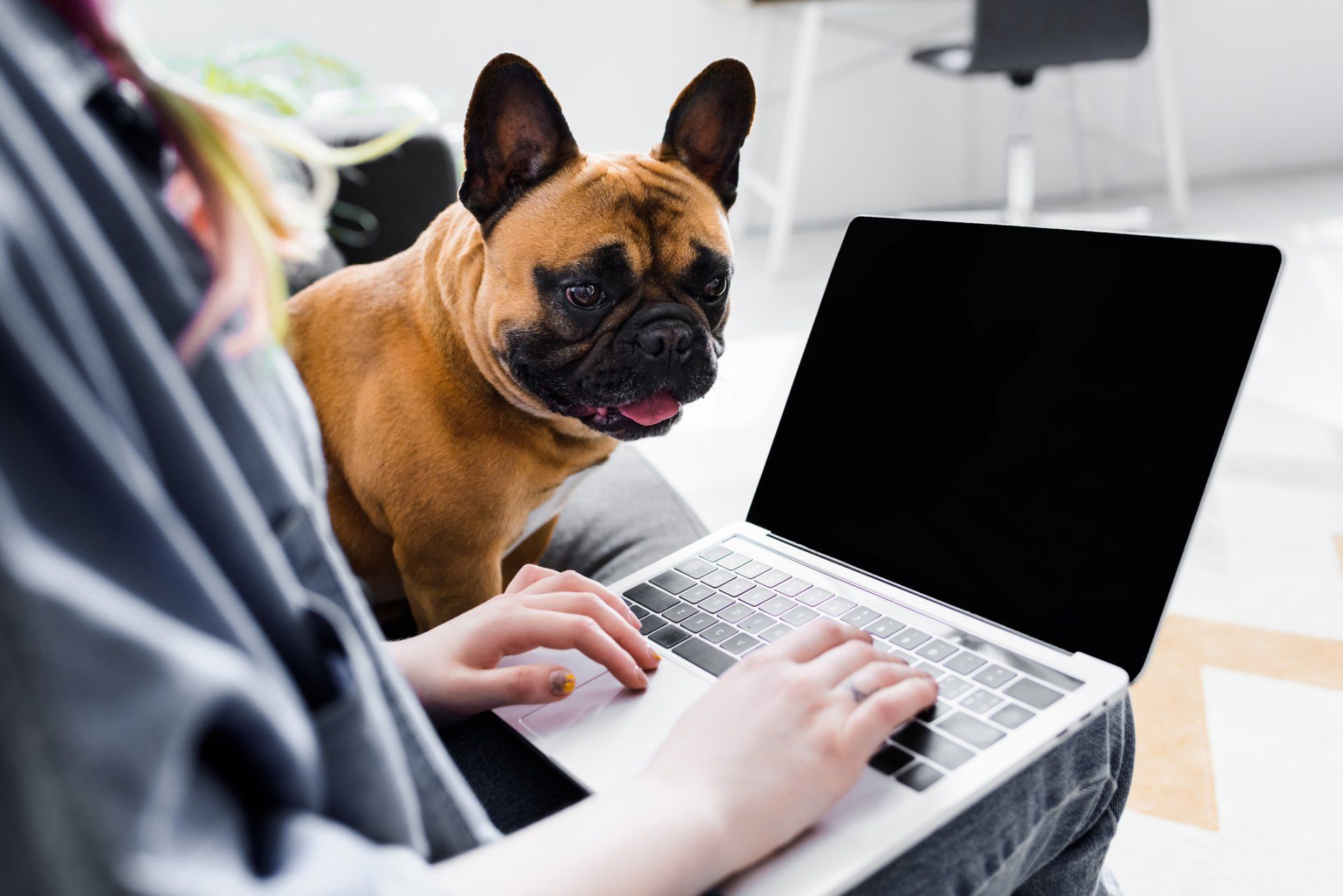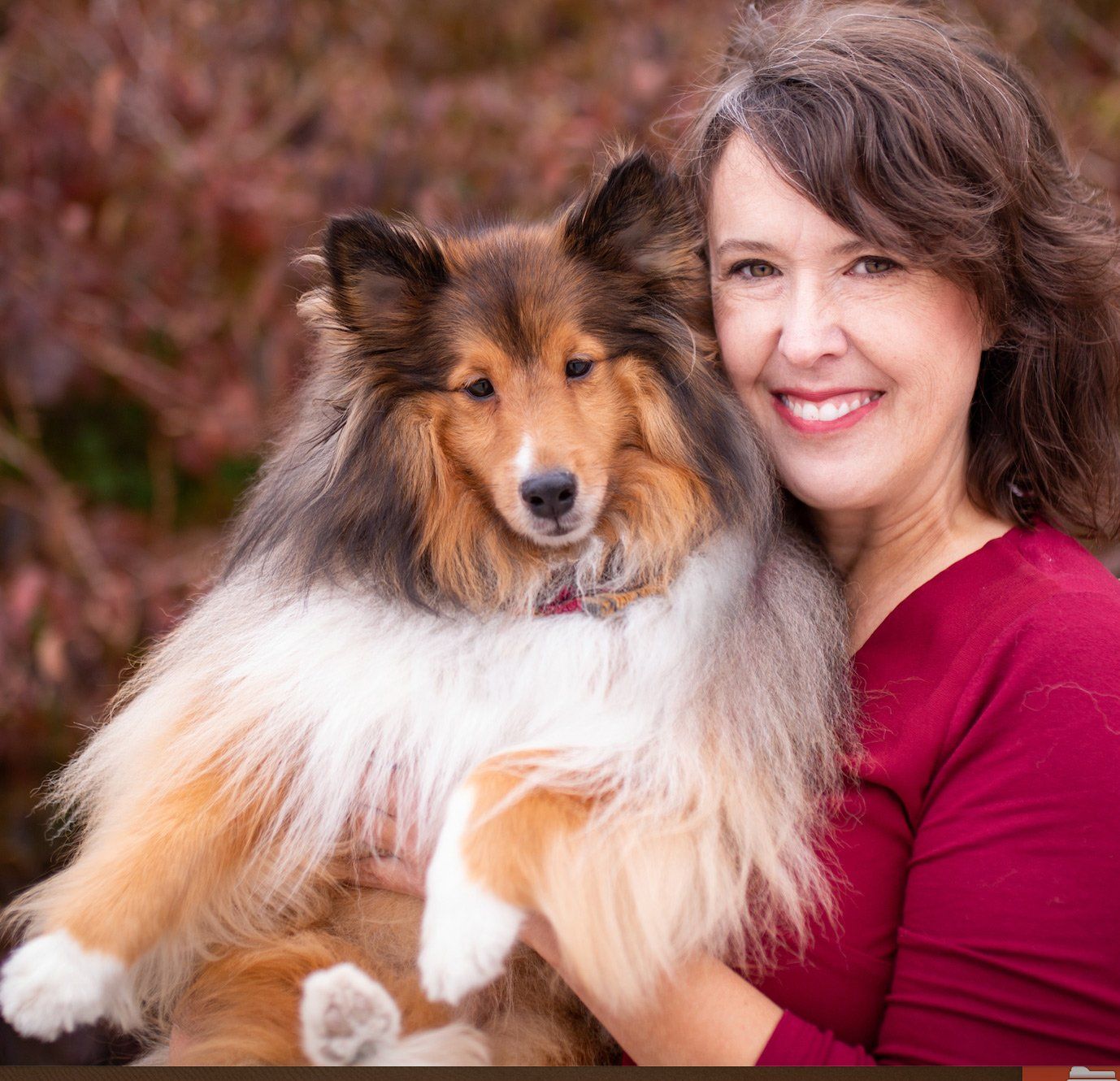Are you guilty of Canine Sizeism?
It was brought to my attention by that there has been some articles posted on the internet referencing new studies that determined smaller breeds are less intelligent than larger breed dogs. I found this very surprising! My personal experience is that smaller dogs are extremely bright and that intelligence is not based on size.
These research findings were reported by
Psychology Today. The author conducted a study that ranked the working and obedience intelligence of 120 different breeds of dogs. Out of the top 20%, only 1 small breed made the cut (the Papillon). The theory is that intelligence is related to the size of a dog’s brain.
In another study from the scientific journal
Animal Cognition, data was collected from 1,188 dogs who were given a variety of intelligence tests. The results did statistically indicate that larger dogs performed much better on those particular tests.
That being said, other articles pointed out that just like humans, dogs have different types of intelligence and aptitudes including: 1) Instinctive intelligence (can perform the tasks they are bred to do ) 2) adaptive intelligence (how well they can solve problems without human intervention) and 3) working and obedience intelligence (how quickly they can be trained to behave).
That last type is interesting to note. The dog IQ tests focused on reasoning and problem solving skills versus obedience and trainability.
Psychology Today points out that there are many factors that impact trainability and submissiveness in a dog is one as well as temperament. The theory is that larger dogs like golden retrievers are more friendly and willing to please versus smaller dogs that are more willful, stubborn, anxious and excitable which inhibits their ability to learn.
I don’t find the fact that the dog is submissive to be a marker for intelligence. Dogs that have a mind of their own are very intelligent because they think for themselves. In addition, I don’t believe in training your dog to be submissive. I actually hate that word. Instead, I’m about fostering a strong bond based on mutual love and respect so that your dog is eager to please you.
As it relates to anxiousness, many small dogs definitely have this issue because of how they must interact with the world and how the world reacts to them . . .being small can be scary! Humans have themselves to blame for this one. Small dogs are always being picked up and carried around which can cause severe anxiety. I continually remind my clients to be their dogs champion and allow their dog the space and protection to interact with the world in ways they feel comfortable.
Another reason small dogs had poorer performance could be the influence of their pet parent. Many small dog pet parents are less likely to have their dog in training because they feel they can easily correct them and have greater control over them. In addition, I find that many smaller dogs don’t get the walks or play time they need, Many pet parents don’t feel they need it because of their size. This is definitely not the case. Exercise is important for their emotional and mental needs as it is for their physical ones.
A lot goes into what makes an animal intelligent both from a nature and nurture perspective. My personal experience is that it is those pet parents, regardless of the size of their dog, that make an effort to bond with and take the time to teach allow their dog to grow intellectually and emotionally to be all they can be.
Some of my best students include Dollie and Indy (Chihuahuas) who graduated through my most advanced classes in record time and Marci the Pomeranian who has excelled at learning tricks at 3 months old in only one lesson (see for yourself).
Marci’s Trick Performance.
At the end of the day, it’s not the size of their brain or the breed, it’s the love, respect and attention you give your dog that allows them to be everything they are meant to be from an intellectual, emotional and physical perspective.
So, don’t be guilty of sizeism, small dogs are super smart too!

